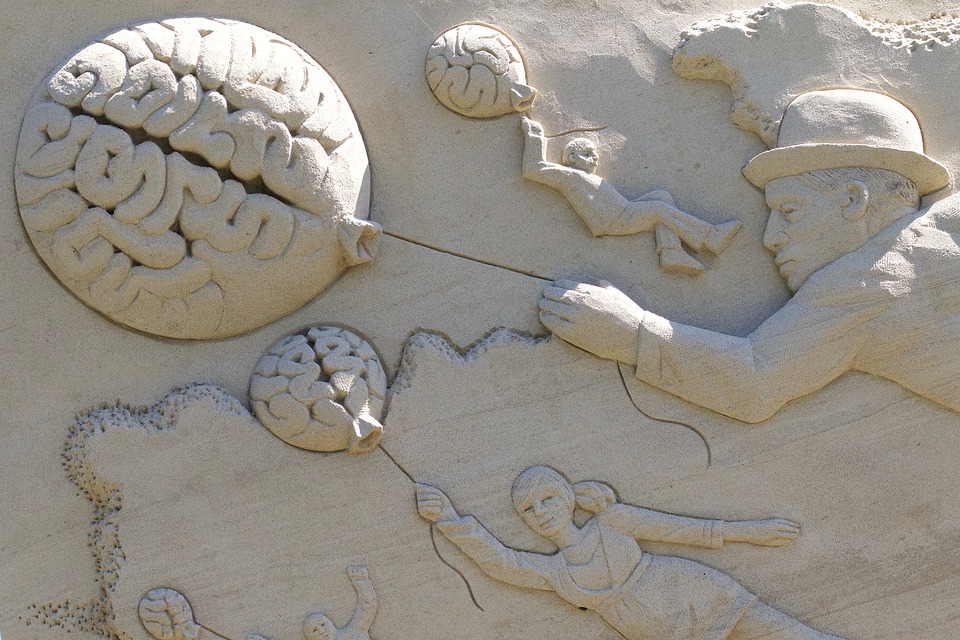Understanding The 3 Phases Of Inflammation
The body's response to injury is called inflammation. Physical traumas such as sprain, strain, or bruise are most common, whereas injuries can also occur from bacterial or viral infections, heat, or any sort of chemical injury. Trauma causes direct damage to cells in the immediate area of injury, causing bleeding. A stream of events is initiated due to bleeding that results in the inflammatory process, which promotes healing of the injured tissue. Acute and chronic are terms commonly used to refer to the duration of the length of the problem, giving inaccurate information about the actual stage of inflammation. Progression from
Rehabilitation After a Brain Injury
The brain is a remarkable organ but damage to it can cause unpredictable consequences and each injury is unique to the individual. However, even though brain cells cannot regenerate once destroyed, the brain can reorganize itself to compensate for the damage. When irreparable damage occurs, the brain is capable of creating new neural pathways. This ability means that physical functions lost because of severe injury can be restored through repetitive or forced practice. This method of establishing alternative paths is known as rehabilitation and can help those who have suffered a brain injury regain physical abilities. Common Causes of Brain Injury Brain injuries occur
All you need to know about BPPV
Vertigo, which on a broader scale is considered to be dizziness, is actually a form of perception of motion disorder. There are various causes of vertigo but the most common cause is a dysfunctional vestibular system (sensory system responsible for maintaining balance). Slight change in the head position can trigger dizziness which can last from a few seconds to a couple of minutes. What is BPPV? Benign Paroxysmal Positional Vertigo or BPPV is the most commonly occurring types of vertigo. As the name suggests it is harmless or it isn’t life threatening (benign), it occurs suddenly and for short periods (paroxysmal positional).
Carpal Tunnel Syndrome – Myths and Facts
How often do you think about the complexities that might occur in the palms of your hands or souls of your feet? Do you take pain in your palms just as seriously as you would take pain in your chest region? Most would answer these questions with a no, because it’s a classic case of neglect as we sometimes feel that we need to live with some types of pain and not with others. While we worry about our vital organs, we tend to neglect some anomalies in body parts which we have come to consider as not-so-important. If you are









